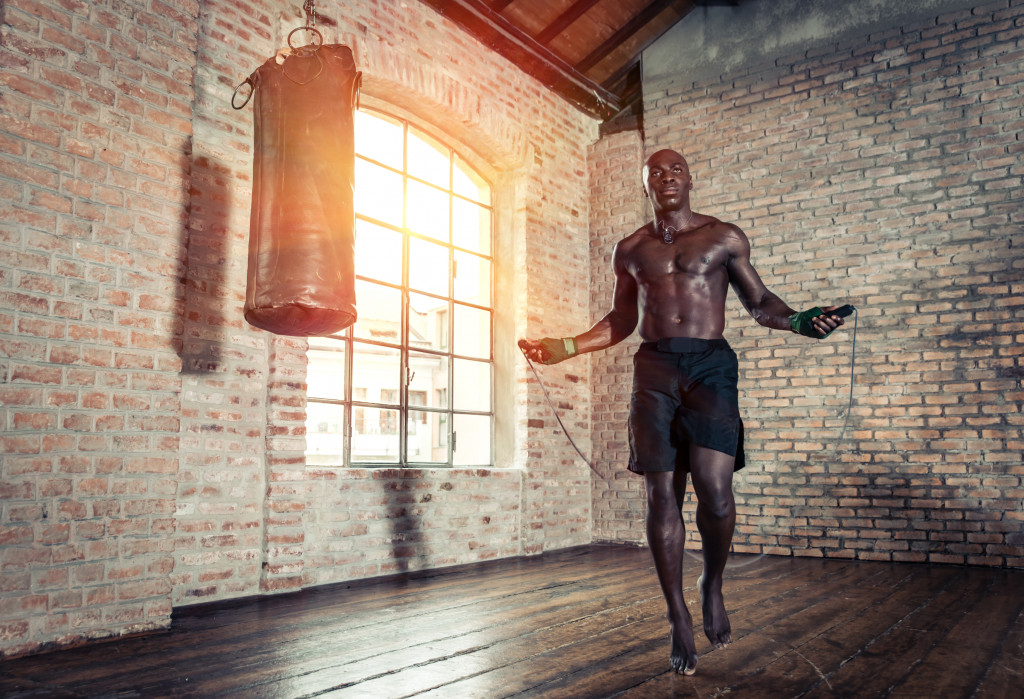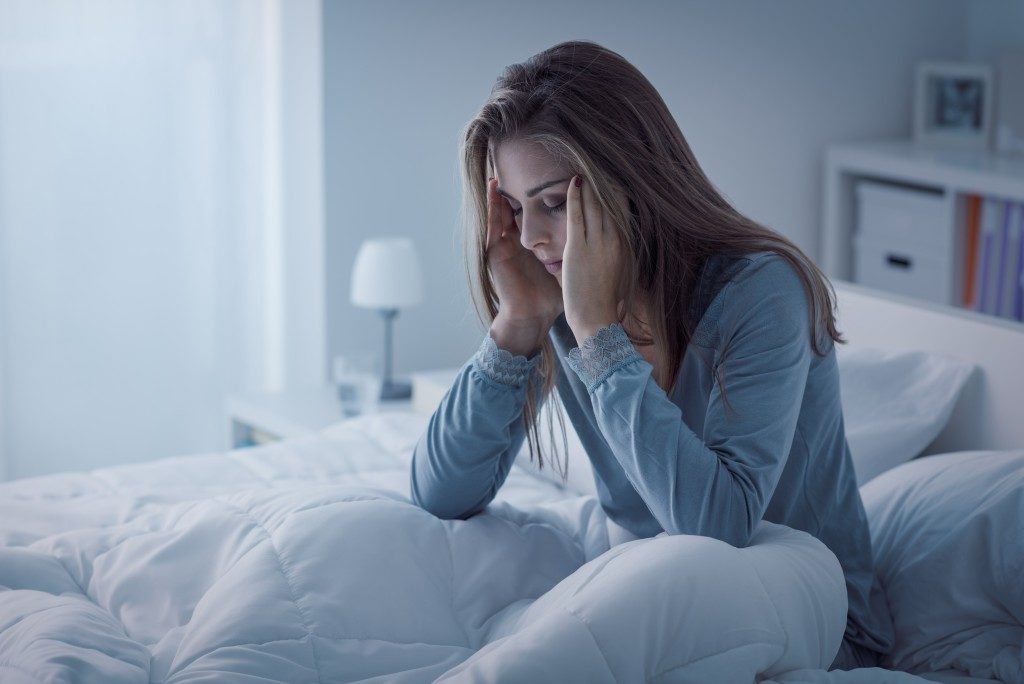There are only 24 hours of the day and 8 hours of that should be reserved for sleep. Despite the 16 hours that people have to complete whatever they need for the day, sleep deprivation is still prevalent.
Sleep is crucial for the body. It’s the body’s way of rejuvenating, so you’re ready to function again the next day. It’s also the best form of rest and relaxation people can do to their bodies.
Yet, the irony of it all is it’s also the one thing people willingly give up in order to accommodate other aspects of their lives. For example, people spend the whole night in clubs, partying until sunrise. Others sacrifice sleep for work or school in order to catch up on deadlines. Anything but sleep, and sometimes, it’s not even the person’s fault for having too much on their plate. There are other factors at work like the need for financial stability or endless homework from school.
Sure, you can excel at other things. You can also comply with regular health checkups, tests, and ultrasound scans to monitor your overall health. But what about your overall well-being? Sleep encompasses more than just physical health since it also benefits mental health, helping you combat stress, among other issues.
When you fail to clock in enough hours of sleep the night before, how do you survive the following day? How do you not become a zombie and still function like a normal human being? Hint: the answer is not coffee.
Green Tea
A boost of caffeine is an effective help to get you through the day. A healthier alternative to coffee is tea, giving you alertness sans the anxiety. One cup of green tea contains 30 mg of caffeine. This is three times less than what you get from coffee but still as effective.
By drinking green tea, you’re not only staying awake, but you’re also taking in theanine, an amino acid that has different health benefits such as minimizing stress and better brain function. It also has calming effects, so if you’re having a hectic day, green tea will help you cope through the grueling hours.

Exercise
You might be thinking, “I’m already tired. I don’t need to be more tired.” You don’t have to run a marathon or lift hundreds of pounds to get the energy-boosting benefits of exercise. The type of sneaky exercise would suffice. You can take a walk during your half-hour break or jog for a few minutes while basking in the morning sun.
These few minutes can already get your cardiovascular endurance up and running. There will be a release of endorphins, the feel-good hormone. It will not only improve your mood but also give you an energy boost.
Power Nap
Taking a nap can reset the brain and make it a little more productive than it did in the beginning part of the day. Don’t get too excited, though, because it might turn into a full-on sleep cycle when you don’t set an alarm.
A power nap is taken for 20 minutes. It helps the brain with alertness and motor functions. This is good for tasks that need moving around and staying on top of your game physically. For decision-making and studying for an exam, 30-60 minutes of nap should do the trick. If you’re a sleep-deprived creative and feeling like you’re hitting a wall, a maximum of 90 hours of napping could help you conceptualize that pending project.
Go Easy on Yourself
Know when to listen to your body. When you’re feeling unwell, that’s your body telling you that it needs to rest. Usually, a side effect of losing sleep is headache and fatigue. If you try to go on more and more hectic schedules on little to no sleep, chances are you’re not going to be as efficient and productive as you usually are.
Sleep deprivation hinders the brain from being at its full capacity. Therefore, memory retention, focus, and decision-making are compromised. If you’re trying to study, lack of sleep is your biggest enemy, especially when it reaches a point where it causes brain fog. Long-term effects also lead to lifestyle diseases such as diabetes, high blood pressure, and obesity.
Sleep should not be a luxury because it is the number one thing that the body needs to be at its full potential. Without sleep, you can’t do much without the day and even cause more hassles along the way. On days when you’re functioning on little to no sleep, consider drinking tea, exercising, and taking a power nap. Most of all, when you know your body has not had enough rest, be nice to it and don’t give it a full day’s work.






